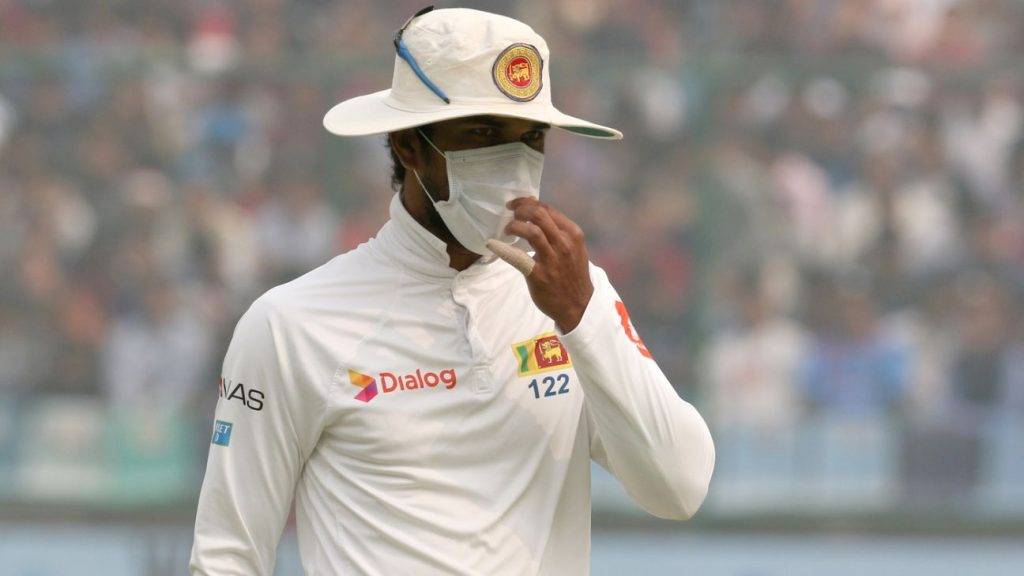Cliff Notes – BCCI defends decision to hold India-SA Test in Delhi in November
- BCCI Secretary Devajit Saikia affirmed the decision to schedule the Test match in Delhi, citing adherence to the rotation policy and asserting that pollution issues are not consistent year-on-year.
- Historical data indicates severe air quality problems in November, with last year’s AQI reaching alarming levels, prompting emergency advisories and school closures.
- The Delhi and Districts cricket Association plans to implement measures to ensure player comfort, highlighting the Arun Jaitley Stadium’s relatively better air quality due to its greener surroundings.
BCCI defends decision to hold India-SA Test in Delhi in November
BCCI secretary Devajit Saikia has stood by the board’s decision to schedule an India-South Africa Test in Delhi between November 14 to 18, a time of year when people in the capital city have struggled with high air-pollution levels in recent years.
“We have considered all factors and have gone by the rotation policy after discussing it with everyone. The pollution issue doesn’t happen every year,” Saikia was quoted as saying by the Indian Express.
On the Air Quality Index (AQI), a reading of over 300 is considered “very poor” and over 400 “severe”. On November 18 last year, the AQI in Delhi was measured at 999. IQAir, a Swiss company that measures air quality, measured Delhi’s AQI on that day at 1600, according to the New York Times. It resulted in lockdown-like conditions. People were advised to leave home only in emergency. Schools were shut and outdoor activity barred even when they reopened.
In recent years, poor air quality in Delhi has impacted cricket matches. In November 2016, two Ranji Trophy matches were cancelled, with players suffering headaches and burning sensation in the eyes. In December 2017, some Sri Lankan players wore masks on the field during a Test match in Delhi, which had interruptions due to the air pollution. In November 2019, two Bangladesh players vomited on the field during an ODI, and four years later there were serious concerns ahead of the Bangladesh-Sri Lanka fixture in the 2023 ODI World Cup, with Bangladesh cancelling training sessions in the lead-up to the game because of air pollution.
Ashok Sharma, the Delhi and Districts cricket Association secretary, said they would take “take all measures possible to ensure players are comfortable when they play the Test match”.
“Also, the Arun Jaitley Stadium is located in a relatively open area with more green area around. So the air quality is better than in most other areas. Delhi had not been allotted a Test match for a while. The BCCI allotted us the game, so we have to go by the calendar. In November, the pollution, if at all, is less compared to December.”
The men’s international season at home begins with India hosting West Indies for two Tests, in Ahmedabad from October 2 to 6 and in Kolkata from October 10 to 14. The home series against South Africa begins a month later. The first Test in Delhi is from November 14 to 18 and the second in Guwahati.
India and South Africa then play three ODIs in Ranchi (November 30), Raipur (December 3) and Visakhapatnam (December 6), followed by five T20Is in Cuttack (December 9), Mullanpur ( December 11), Dharamsala (December 14), Lucknow (December 17) and Ahmedabad (December 19).


